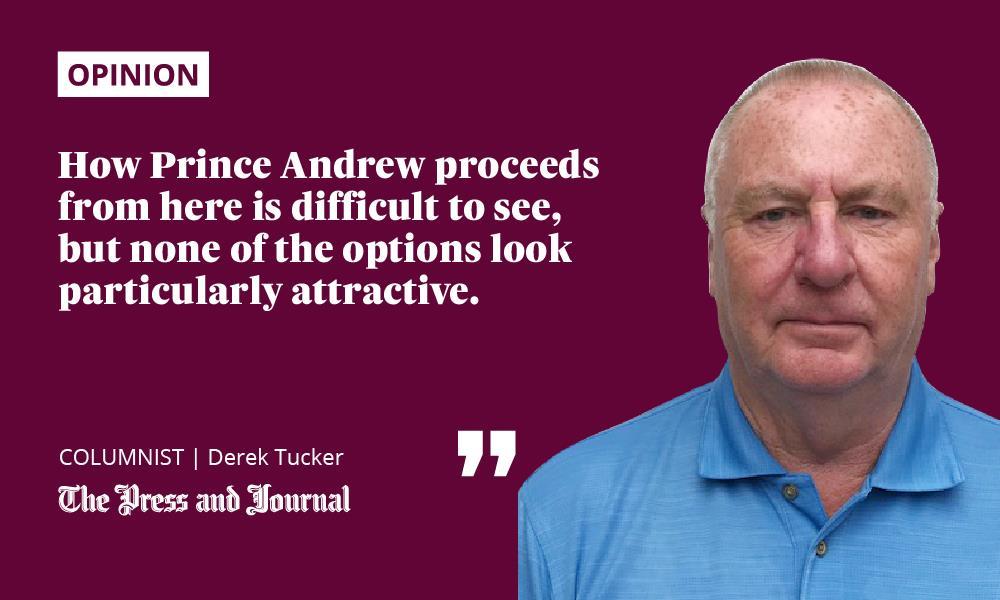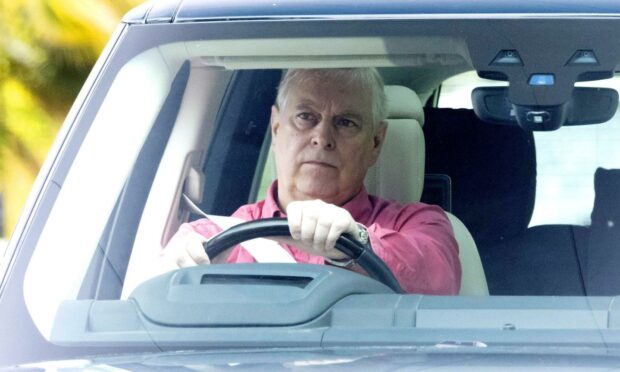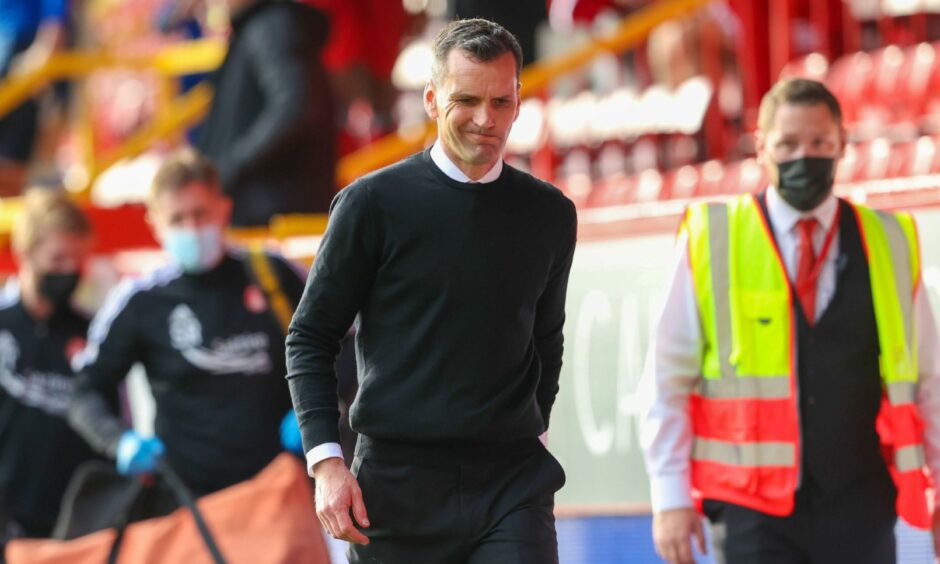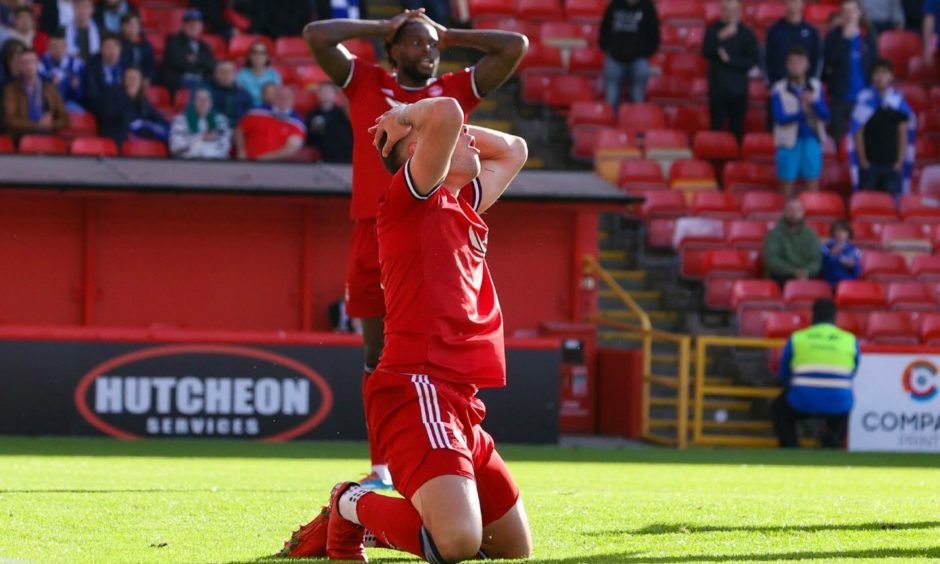How on earth is the Duke of York going to emerge unscathed from the sex allegations currently encircling him?
In common with 99.99% of the population, I have no idea whether there is any truth in the claims by Virginia Giuffre that she was forced to have sex with the prince as part of her “employment” by the late, disgraced financier Jeffrey Epstein.
What I do know, however, is that Prince Andrew faces an almost insurmountable task to salvage any kind of reputation – a task made even more difficult by the ham-fisted manner in which he has dealt with the matter so far.

The allegation that he had sex with Ms Giuffre when she was just 17 has been circulating for years, but it is only since Epstein’s death two years ago, apparently by suicide in his prison cell, that it has really gained momentum.
Prince Andrew has now been painted into a corner by Ms Giuffre’s legal team, which has expertly manipulated public opinion to the extent that the fundamental principle of innocent until proven guilty has been turned completely on its head. In the court of public opinion, he has already been convicted.
Guilty until proven innocent?
How he proceeds from here is difficult to see, but none of the options look particularly attractive.
One is to try to use the various legal avenues open to him, such as seeking to show that an out-of-court settlement Ms Giuffre agreed in separate litigation 12 years ago precludes her from pursuing the current action.
Another is to attempt to negotiate a fresh out-of-court settlement, which appears to be Ms Giuffre’s preferred course of action. Both of those would inevitably reinforce the impression that he has something to hide and is therefore guilty.
The third option is to let the litigation take its course and seek to prove his innocence in court. History suggests that is the least attractive choice because, where sexual allegations are concerned, the onus is firmly on the defence to prove it didn’t happen rather than on the prosecution to prove it did.
The prince has not helped his cause by agreeing to the car crash TV interview with Emily Maitlis in 2019, during which he did more to convince people of his guilt than anything Ms Giuffre and her advisers have achieved.
He will have been told in no uncertain terms to avoid a repeat at all costs, which leaves him with little or no control over how things now proceed.
Whatever happens, it seems certain that the prince’s current exile, where royal duties are concerned, will continue well beyond the end of the legal proceedings.
Sore loss to Saints speaks of need for improvement
Just a few short weeks into the current season and there are rumblings of discontent around Pittodrie.
The encouraging start, during which Aberdeen progressed in Europe and gained maximum points from the first two league games, has been replaced by an alarming slump in which the Dons were humiliated by Raith Rovers in the League Cup, followed by the failure to win any of the next six games.
Saturday’s home defeat by St Johnstone ended with the players being booed off the pitch.
The fact that the winning goal was scored by a man who couldn’t hit a cow’s backside with a banjo when he played for Aberdeen just made matters worse.
Manager Stephen Glass’s tetchy post-match interview painted a picture of a man with the problems of the world on his shoulders.
Seven games without a win doesn’t justify talk of a crisis, nor should it lead to calls for sackings. What it does demonstrate is that results need to improve – and quickly.
Fans are important part of team
That won’t happen if the players are taking to the field believing the crowd is against them.
Football is a team game, and the people in the stands are an important part of that team. Understandable though it is for people to voice their unhappiness when things go wrong, success is far more likely if the players are greeted by cheers and not jeers.
Glass makes the point that Aberdeen is a team going through a transformation, and the comings and goings during the close season support that.
His vision was, presumably, one of the main reasons he was appointed in the first place. The least we can all do is give him some breathing space to turn that vision into reality.
He comes across as a man of principle and will no doubt be the first to realise if the road he is taking turns out to be a dead end.
Derek Tucker is a former editor of The Press and Journal


